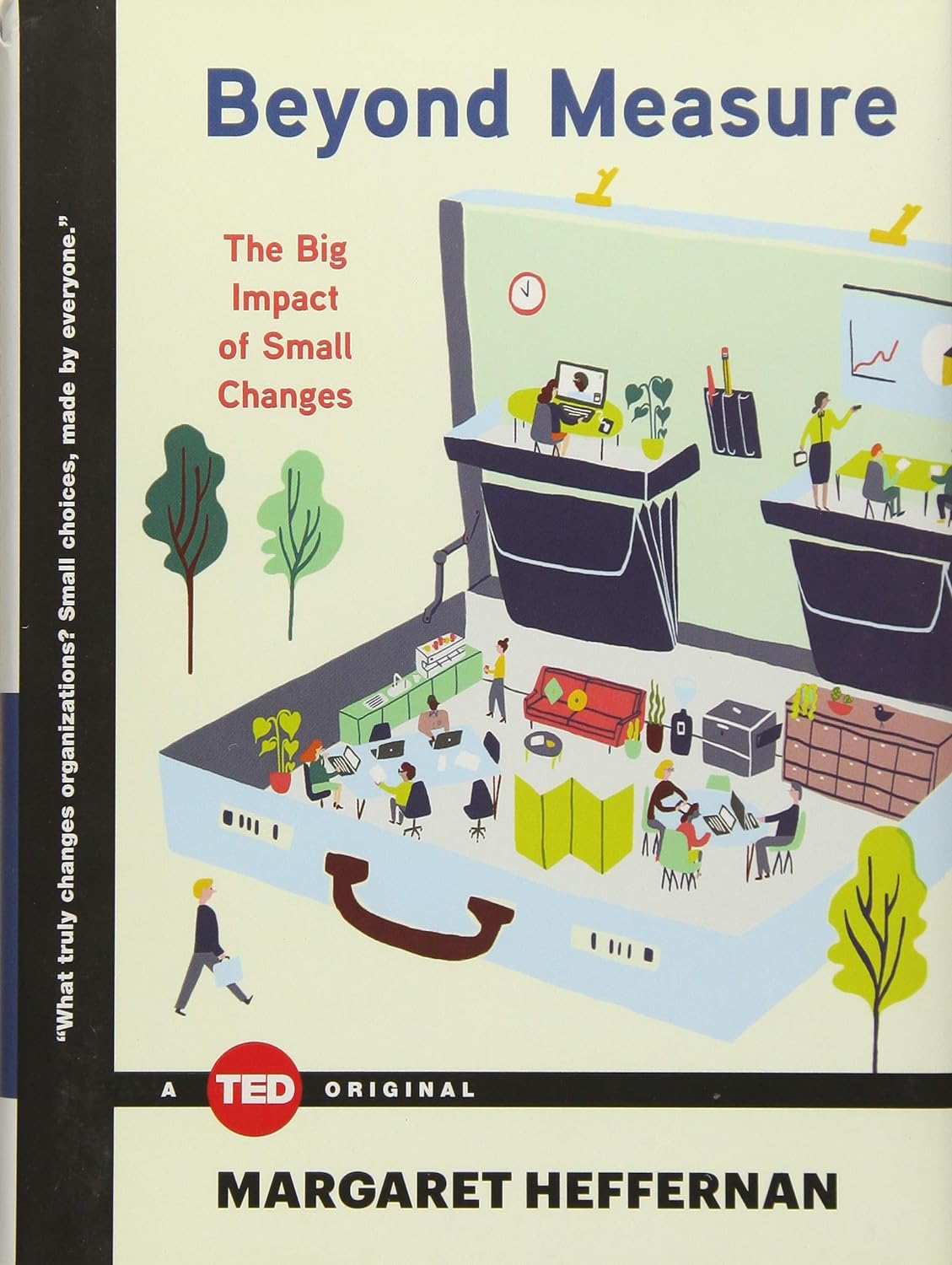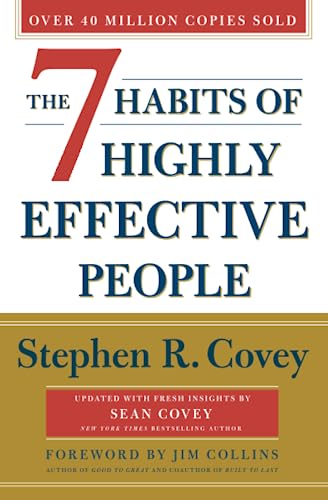Pygmalion Effect
There is a tendency for people to rise to the level of performance that others expect of them. Closely linked to the concept of self-fulfilling prophecy.
This concept is named after a Greek myth. Pygmalion, a talented sculptor, falls in love with his own creation, the statue of a woman. After Pygmalion falls deeply in love, the statue eventually turns into a real woman.
Key Insights & Principles
Management
Insights:- People often rise to the level of our expectations.
- Expectations of people can often influence how we interact with them (time spent, resources given) which can also lead to self-fulfilling prophecies.
- Openly ranking people in the workplace is often counterproductive.
- People do not have to fail for others to succeed.
- Expect great things of yourself and others. Define and communicate it.
- Show genuine interest and care for the people you work with.
- Discourage zero-sum thinking and competition in the workplace.
Parenting
Insights:- The expectations we have and communicate to children can greatly influence outcomes.
- Clearly communicate to children what you expect of them.
- Encourage children to live up to positive expectations.





